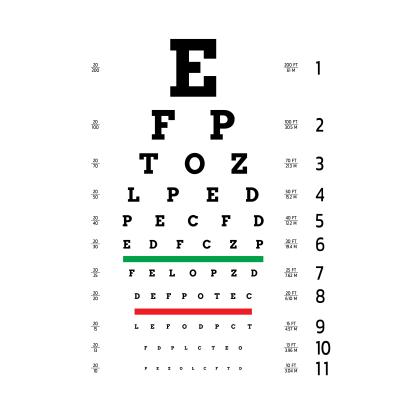
Participants who received lamivudine showed significant vision improvements even before their first eye injections. Their ability to read letters on an eye chart improved by 9.8 letters (about 2 lines on the eye chart) at four weeks, while the participants receiving placebo saw their ability decrease by 1.8 letters. A month after the bevacizumab injections, the lamivudine recipients had improved by 16.9 letters (more than 3 lines on the eye chart), while the placebo group, receiving bevacizumab alone, had increased by only 5.3.
In a study funded by the National Eye Institute, an inexpensive, long-approved HIV drug was found to improve vision in patients with a blinding complication of diabetes more effectively and at much lower cost than many existing treatments, an initial clinical trial suggests. Further, the drug is taken orally, potentially offering patients an alternative to monthly injections directly into their eyes.
The drug, lamivudine, could represent an important new option for millions of patients with diabetic macular edema (DME), a condition which causes fluid to build up in the retina of the eye. It’s estimated that approximately 1 in 14 people with diabetes develop the sight-stealing eye disorder, and there are more than 37 million adults living with diabetes in the United States alone.
“An oral drug that improves vision in DME would be a game changer because it would be more convenient for patients than frequent, often monthly, injections into the eye,” said researcher Jayakrishna Ambati, M.D., founding director of UVA Health’s Center for Advanced Vision Science. “The mechanism of action of lamivudine is also different from that of existing treatments, so we could also develop combination therapies.”
Ambati’s research has been supported by the National Institutes of Health’s National Eye Institute and National Institute on Aging, grants R01EY031039 and R01AG082748, and by UVA’s Strategic Investment Fund, grant SIF167.
To read more, visit UVAHealth